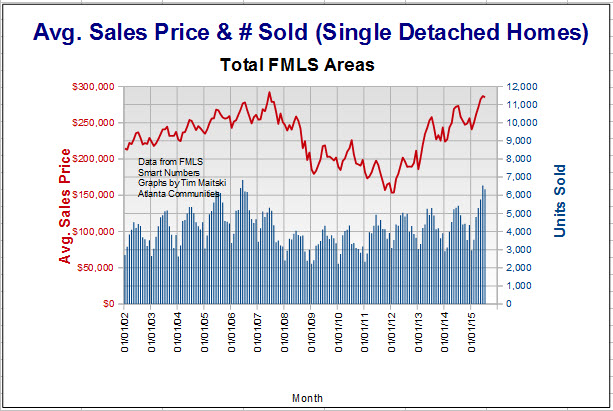
Property taxes in Georgia are due towards the end of the year. For example, in Fulton County, 2021 taxes were due by November 15, 2021. When property taxes are not paid, the county’s taxing authority issues a fifa. A fifa acts as a lien against the property and is recorded on the county’s real estate records. The taxing authority must issue a 30-day notice to property owners before filing the fifa. The lien remains on the county’s public records until the taxpayer pays the taxes.
The most dramatic event that happens after filing a fifa is that the taxing authority may present the tax lien to the sheriff. The sheriff will use the fifa as a basis to auction the property to pay the taxes. This process is known as a tax sale.
To get taxes paid, taxing authorities in Georgia often sell their fifa’s to third-party investors. FIG and Investa are two companies that purchase tax liens.
For a taxpayer, a transfer of a tax fifa is confusing because the third party pays the county. The taxes are then owed to third-party, not the county. Thus, the county will show the taxes as paid, but the taxes are still owed.
Under Georgia law, OCGA § 48-3-19, the third-party purchasing the lien must send notice by first-class mail to the taxpayer within 60 days. In theory, this is to notify the taxpayer of whom to pay the taxes to. However, our office has had reports from taxpayers claiming they didn’t get any notice. Like the taxing authority, the third party can take the fifa to the sheriff and ask to auction the property to pay off the fifa.
If taxes are unpaid, you need to act as quickly as possible to pay the taxes to the correct party before there is a tax sale. Please call us at 404-382-9994 if you find yourself in this situation.




